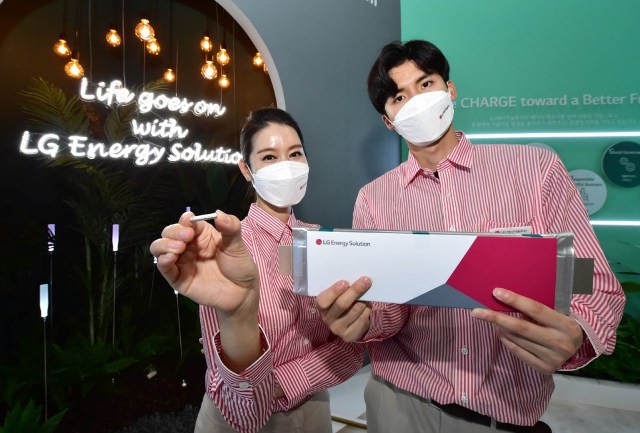LG Energy Solution announced its joint venture with Derichebourg, marking a significant strategic move in Europe’s fast-evolving battery recycling sector.
The announcement comes at a time when global demand for electric vehicles (EVs) and their associated battery materials is accelerating, prompting leading manufacturers to invest heavily in sustainable supply chains.
In 2024, LG Energy Solution reported KRW 25.6 trillion in revenue (down 24.1 percent) and KRW 575.4 billion in operating profit (down 73.4 percent). The drop was driven by weaker EV sales in Europe, falling average selling prices, and increased fixed costs. Despite this, the company improved its material cost ratio and expanded production capabilities through joint ventures in the U.S., Canada, and Indonesia. It also advanced its EV and ESS businesses, introduced new battery technologies, and secured key IRA-compliant materials for future growth.
By choosing Bruyeres-sur-Oise in northern France as the site for its recycling facility, LG Energy Solution is positioning itself at the heart of the European market while aligning with growing regulatory and environmental pressures.
The plant’s focus on pre-processing functions such as discharging, dismantling, and shredding battery waste, along with the collection of end-of-life EV batteries, directly addresses two pressing challenges in the EV supply chain: raw material scarcity and environmental sustainability.
With an annual capacity of over 20,000 tons, the facility is poised to make a substantial impact on Europe’s battery recycling infrastructure. The black mass recovered through this process — containing lithium, nickel, and cobalt — will be critical in reducing reliance on virgin materials, especially from politically or environmentally unstable regions.
LG’s Poland-based plant will provide production scrap, while Derichebourg’s collection network will feed the plant with end-of-life batteries from across Europe. This synergy ensures a steady and regionally sourced feedstock, a major advantage in light of upcoming EU regulations that will enforce minimum recycled content requirements in batteries from 2031 onward.
The partnership is more than a compliance measure; it reflects a strategic investment in circular economy principles, with both companies aiming to build a closed-loop resource system. For LG Energy Solution, this move bolsters its competitiveness by securing cost-effective and sustainable raw materials, which can then be reintegrated into its battery production lines.
For Derichebourg, it expands its footprint in the high-value segment of battery recycling and enhances its reputation for delivering industrial solutions with environmental value. As the EU tightens its sustainability regulations and automakers face mounting pressure to meet ESG goals, such collaborations will likely become foundational to maintaining market leadership.
GreentechLead.com News Desk

